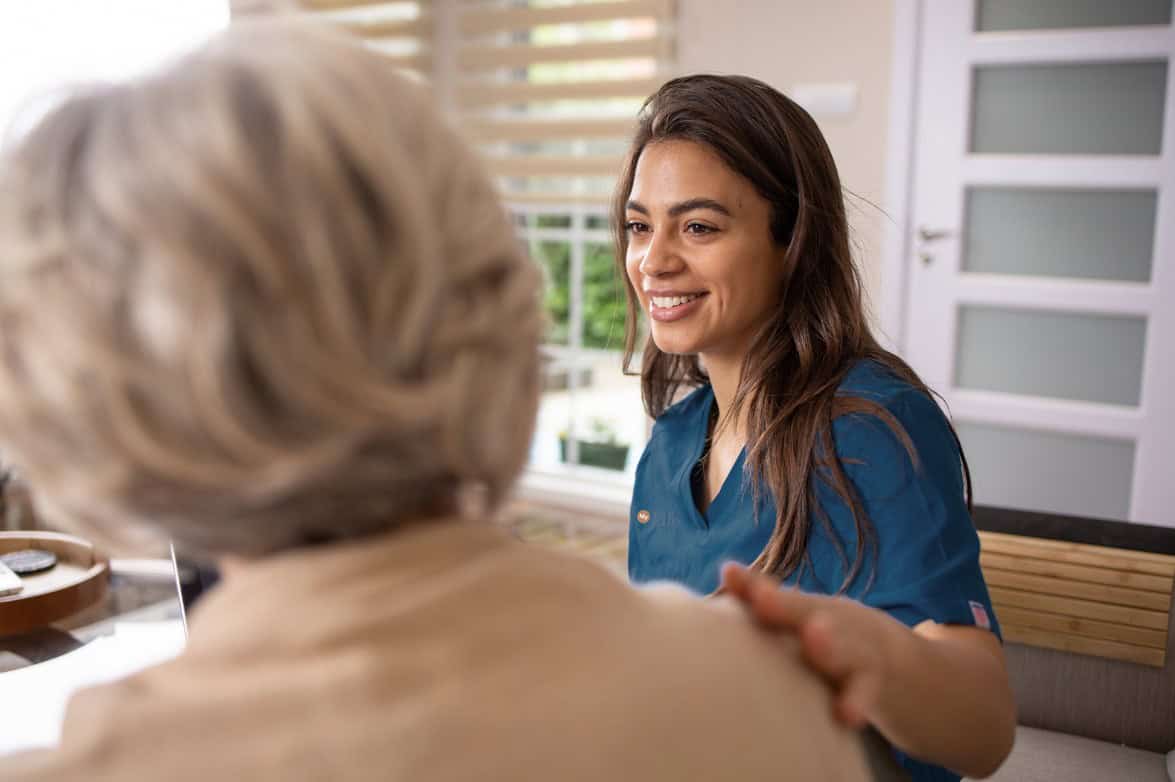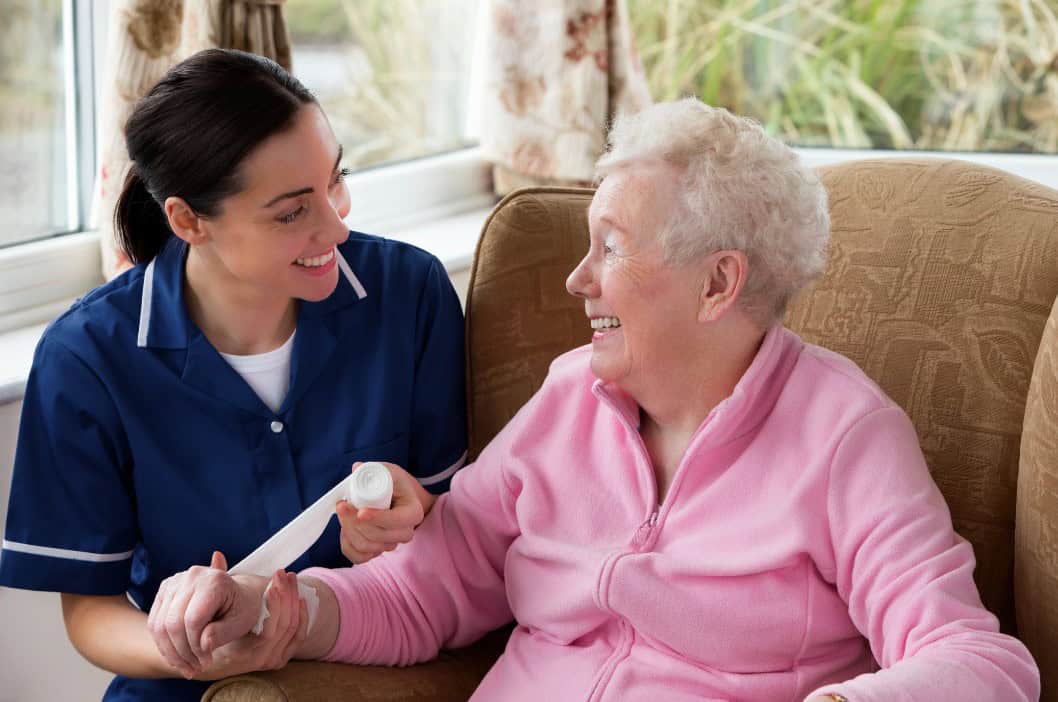The impact of loneliness in the elderly, especially after a difficult two years for everybody with the sudden impacts of COVID-19 taking over the world, has surged. Unfortunately, with elderly people being most at risk, they have been encouraged to ‘shield’ and stay away from other people as much as possible to keep themselves safe. Loneliness and social isolation in the elderly are serious and can, unfortunately, lead to health complications if it is not managed and addressed effectively.
Although it’s hard to measure the impact of loneliness in the elderly and social isolation precisely, there is evidence that many adults over 50 are lonely or socially isolated in ways that negatively impact their health. According to Age UK, over 2 million people over the age of 75 in England live alone and more than 1 million elderly people say they go for over a month without speaking to a family member, neighbour or friend.
People can become socially isolated for many reasons that could be down to leaving the workplace, becoming older and weaker, the death of friends or spouses, or disability and illness. No matter the case it is easy to be left feeling vulnerable and alone and this can lead to mental health illnesses such as depression and a significant decline in wellbeing and physical health.
The impact of loneliness in the elderly and how to avoid it: Mobile Phones
Having a chat with a relative or a friend over the phone can be the closest thing to actually being with them. You can use your smartphone to even video call loved ones and see them in real-time. By making this a weekly or monthly recurrence, you can help to support your family members and avoid them becoming lonely.
The impact of loneliness in the elderly and how to avoid it: Tea
Try to encourage your loved ones to host afternoon tea for their friends or go out for afternoon tea. This is dependent on COVID-19 restrictions, but it is important for your elderly loved ones to arrange to see their friends at least once per month.
The impact of loneliness in the elderly and how to avoid it: Computers
If your loved one lives far away from you and the rest of your family, it is important you stay in touch. By using a tablet or a personal computer, it is easy to share lots of memories, videos, messages, photos and much more. By using the internet your loved one could also join different social media sites and try to make new friends in the area
A tablet can be easier for those who find it difficult to move around as they are lightweight and can be used on the lap. Styli and sponge tip pens can be used in collaboration with tablets to touch the screen as those who are elderly sometimes struggle, especially if they have arthritic hands.
Many different communities and library centres often run training courses for elderly people to teach them how to use computers and the basic skills you need for them. This is also another place which is good to meet and spend time with others their own age and mingle with new people.
MyLife Home Care in Edinburgh have a range of care services that can help combat loneliness in the elderly, contact us for free and impartial advice.








